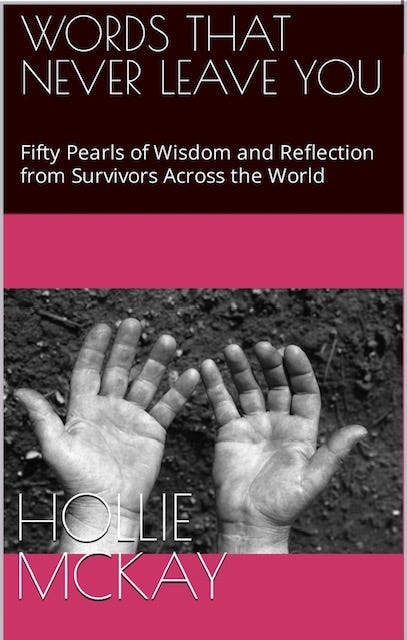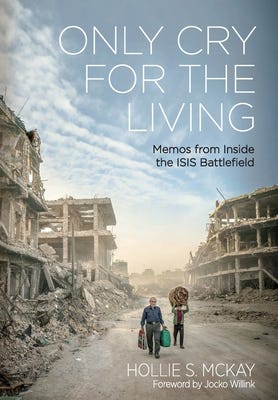The Bloodshed of the Burmese Army: What One Survivor Has to Say
Brutal conflict continues to scar those inside, and those trapped in exile
For M Tu Aung, now in his late forties, life has always existed as an endless cycle of running — running from danger, running into the unknown, running to lands far away and then running in circles hoping someone might hear his cries and prayers.
“We had to run whenever the military would come in. They would try to kill all the people; they would set fire to the villages and burn down the churches,” recalled Aung.
He grew up in the predominantly Christian Kachin State of Burma — also known by its 1989 regime re-title Myanmar — during a time of socialist military governance. “If you could not run and were not fast enough, you would be taken by the Burmese Army. So many times, people were killed, and yet we could not stop to bury the bodies — if they caught you, they would kill you. Some of my family members who were running beside me were caught.”
Burma has been burned alive by endless conflicts and persecution since the British handed the country back its independence in 1948. Given the endless wars, Aung never knew his biological parents and was adopted as an infant. He also never knew a life not beset by killing fields.
“They (Armed Forces) wanted all the property for themselves. We always had to run and leave our village and property behind. Everything would be ruined; the Army has no regard for human life,” he continued. “Every day, we lived in fear. We worried, day and night, they would come.”

Even if there were peaceful moments inside the threads of the jungle, idyllic in their stillness, civilians were almost always beset by biting anxiety. Aung said there were no warning signs, just a crackle of gunfire and howls of panic whenever the troops would force their way in.
“What I remember most about my childhood is how the soldiers came into our villages and took anything they wanted. And they would take the people, the women — sometimes 15 or 16 years old,” he whispered.
Like many from the region, the more painful the topic, the more the survivor laughs — an uncomfortable defense mechanism to mask the invisible wounds nested in memory.
“The Burmese Army would kill and torture — and they would rape,” he said slowly. “I remembered the faces of the young girls and women they would take away to rape. We didn’t know exactly where they were taking them, but the ladies — most of them — never came back.”
Aung believes he only survived a tumultuous upbringing because his adoptive parents moved him to Rakhine State when he was 15, a state that — back then — was somewhat less butchered than it is today.
Aung was granted asylum in the United States more than a decade ago with the wild hope for a better life. Instead, he studied for an MBA and opened a small business in Maryland. Instead, he fell in love with another refugee from Burma, married and had three children, and is heavily involved in the local community of Baptist churches.
But the place he left behind occupies his mind during most waking hours. He exhibits a dogged devotion in reaching out to the powers of Washington as an active leader in the Nationalities Alliance of Burma, a network of ethnic nationalities organizations based in the United States.
“It has always been about a ‘burmainization’ of the country, of everyone else not in the military circle being treated as second class,” Aung lamented. “The Burmese military wants us out to protect themselves. It is why they are killing protestors and civilians every day.”
Some of Aung’s frustrations have stemmed from the notion that little has been conveyed to the public about the suffering of Christians in Burma. Most of the world is painfully aware of the persecution that the Muslim Rohingyas have endured in recent years in the Rakhine State he settled in as a teen, with many forced to flee into bordering Bangladesh. Aung said Christians have also been slaughtered and have had their houses of worship razed into nothingness but have been “weak” at conveying the situation on social media.
“The ethnic cleansing has been happening since long before that of the Rohingya people,” Aung stressed.
Watching his homeland once again be dipped in chaos and blood following the coup in February 2021 in which the military wrestled power back from the first civilian government, and in a perpetual and bloody hum of violence ever since, Aung feels the urge to keep running. He’s calling for the international community to step in and support a transitional government in that illustrious chase for a free and fair election, calling for the people of Burma to decide their fate.
And despite some twelve years in the United States, Aung clings to a life of trauma that reminds him he may never truly know what it is to be safe and secure. He leads a minimalist life with no stockpiling — when all one knows is to run, less is more. Still, Aung’s body remains engulfed by chills at the mere sight of any uniformed soldier.
“Even here in the U.S., I just don’t want to see a soldier. It scares me,” he notes with a nervous giggle. “All that is really left, all we can do, is pray for protection. That helps us a lot.”
For those who want to help relieve the suffering in Burma, a wonderful, trusted friend is on-the-ground and runs the NGO Stronghold Rescue and Relief, with humanitarian aid going directly to those in need.
PLEASE CONSIDER A PAID SUBSCRIPTION TO THIS SUBSTACK TO HELP KEEP INDEPENDENT, AGENDA-FREE WRITING AND JOURNALISM ALIVE. THANK YOU SO MUCH FOR YOUR SUPPORT.
For speaking queries please contact meta@metaspeakers.org
Follow me on Instagram and Twitter for more updates
HOLLIE’S BOOKS (please leave a review)
** Short read of meaningful lessons gleaned from the ordinary forced to become extraordinary
Order your copy of “Afghanistan: The End of the US Footprint and the Rise of the Taliban Rule” due out this fall.
For those interested in learning more about the aftermath of war, please pick up a copy of my book “Only Cry for the Living: Memos from Inside the ISIS Battlefield.”
If you want to support small businesses:





